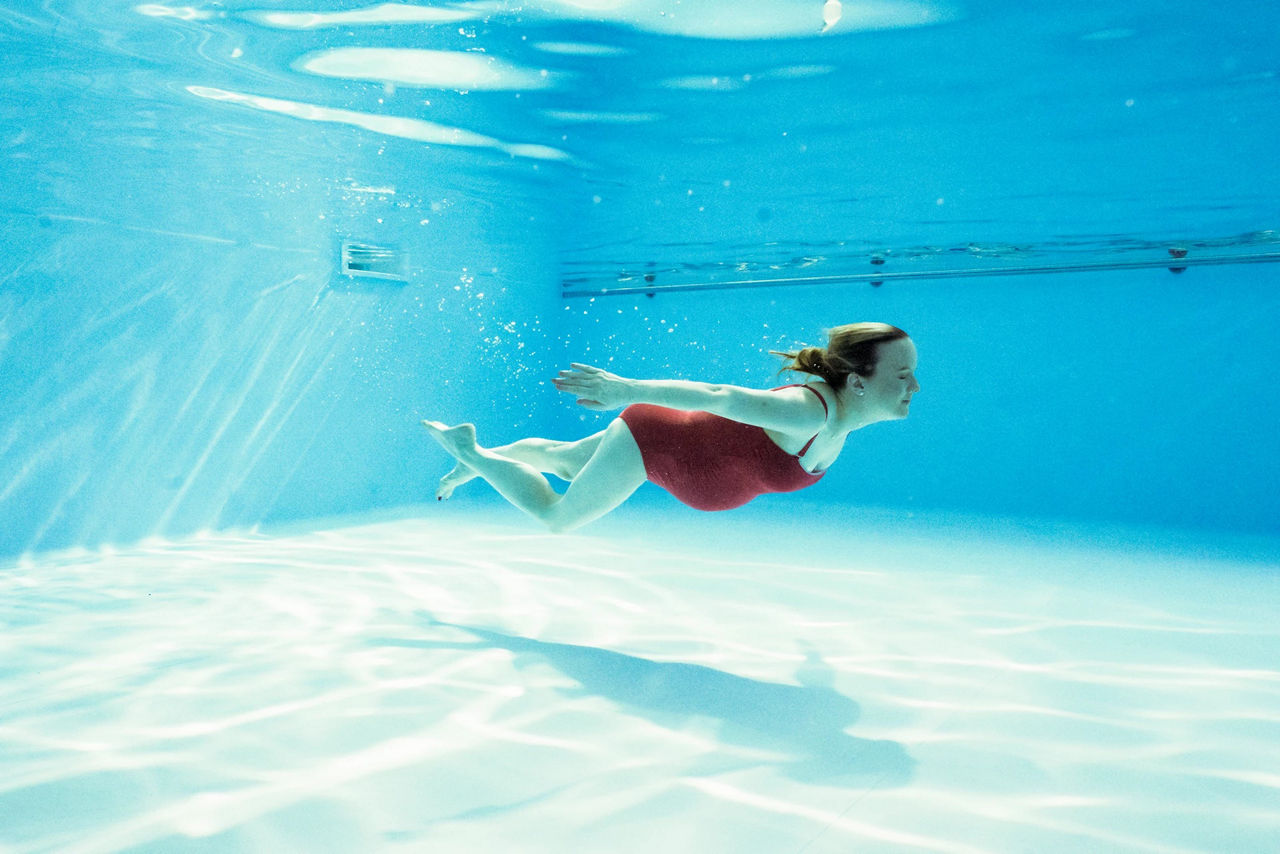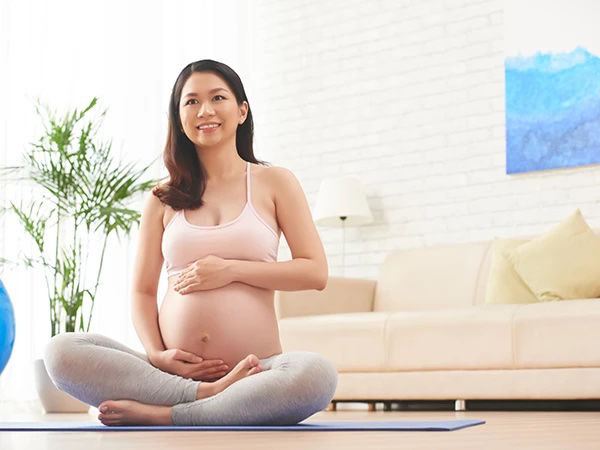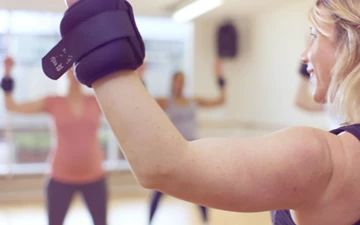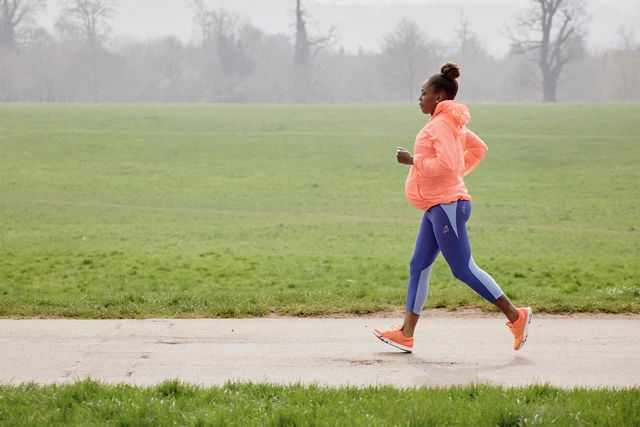Aquanatal Exercise combines the relaxing weightless effect of being in water with a fun exercise class tailored for Mums-to-be.
Aquanatal Classes

- Enhances well-being: feel light, agile and relaxed
- Keeps you fit and trim-ish!
- Eases lower back/pelvic strain and pain
- Reduces fluid retention and swelling
- Promotes pelvic floor and core stability awareness
- Improves posture, co-ordination and balance
- Boosts sleep quality
- Prepares for labour and post natal recovery
- A great chance to swap stories with other mums-to-be.
Why water works?
- The unique buoyancy of water supports the body, lifts the limbs and allows easy 3D movement. In chest deep water you only weigh 25% of your normal on-land weight. This means you can do aquanatal to the very end of your pregnancy, in fact you feel better and better in the water as your pregnancy develops!
- The turbulence and viscosity of water creates resistance to limb movement thus strengthening the muscles moving but also the muscles in the trunk and legs just to keep still.
- The hydrostatic pressure in water squeezes in on the body reducing swelling and improving circulation.
- The warmth of water naturally eases aches and pains and reduces stress.
Why Aquanatal?
- Unlike general aqua aerobics class, Aquanatal is tailor-made for pregnant women and offers the opportunity to exercise safely with a physiotherapist, particularly during the later stages of pregnancy (16-41 weeks!)
- Gentle fitness training is included: some studies have shown that fit women may have shorter labours and will more easily regain normal shape after birth.
- Weightless Aquanatal Exercise is extremely beneficial for pregnant women troubled with Back Pain and Pelvic Girdle Pain.
- It complements prenatal Yoga and prenatal Pilates very well, being a lot more active (and fun!) but still using those core muscles in a different way.
- Educational tips are woven through your time in the water to help with posture, back care, pelvic floor muscles, breathing practice, relaxation and caring for you and your baby when it arrives.


